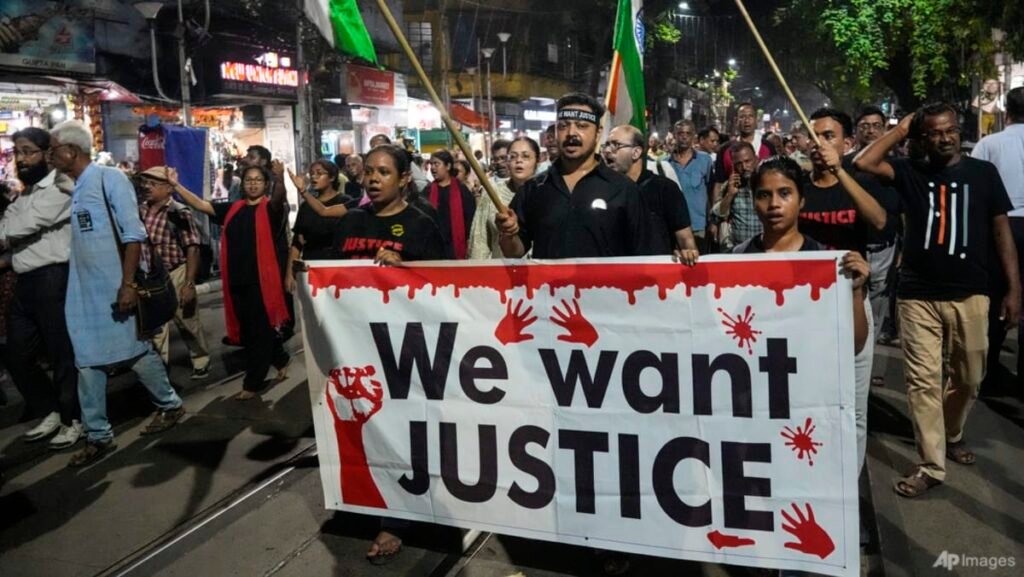Doctors in Kolkata went on strike for several weeks following a brutal attack on a female doctor. The attack highlighted the lack of security measures in place to protect women doctors while they carry out their duties. Tens of thousands of ordinary Indians joined the protests, showing solidarity with the medical community and demanding action from the government to ensure the safety of healthcare workers.
Despite the majority of doctors having returned to work, a small group initiated a hunger strike as a continued form of protest. They accused the West Bengal state government of failing to fulfill its promises to enhance security measures for medical professionals, such as upgrading lighting and installing security cameras. The ongoing demonstrations seek to keep pressure on authorities to prioritize the safety and well-being of doctors in the workplace.
The issue of violence against healthcare workers in India gained national attention when the Supreme Court intervened, ordering a national task force to investigate ways to improve security for medical professionals. The court expressed deep concern over the savage killing of the doctor in Kolkata, stating that it had shocked the conscience of the nation. This intervention underscores the severity of the situation and the urgent need for concrete actions to be taken to prevent further attacks on healthcare workers.
The brutal nature of the attack in Kolkata drew comparisons to the infamous 2012 gang rape and murder of a young woman on a Delhi bus, which sparked widespread outrage and protests across the country. The two incidents share the common thread of violence against women and the failure of authorities to provide adequate protection for vulnerable individuals. The echoes of the Delhi case only served to magnify the intensity of the protests and the demands for justice and accountability.
The nationwide demonstrations and strikes by doctors have shed light on the alarming levels of violence and insecurity faced by healthcare workers in India. The medical community’s united front in demanding better protection and support highlights the solidarity and resilience of those on the frontlines of care. The prolonged nature of the protests indicates the deep-seated concerns and frustrations among doctors, who are tired of risking their lives without adequate safety measures in place.
In conclusion, the ongoing protests and strikes by doctors in response to the brutal attack in Kolkata have brought much-needed attention to the issue of violence against healthcare workers in India. The demands for increased security measures, accountability for perpetrators, and justice for victims reflect a larger call for systemic change and a safer working environment for medical professionals. The support and solidarity shown by ordinary citizens and the intervention of the Supreme Court illustrate the widespread concern and urgency to address the root causes of violence against healthcare workers. It is essential for authorities to listen to the voices of those on the frontlines of care and take decisive action to ensure their safety and well-being.

